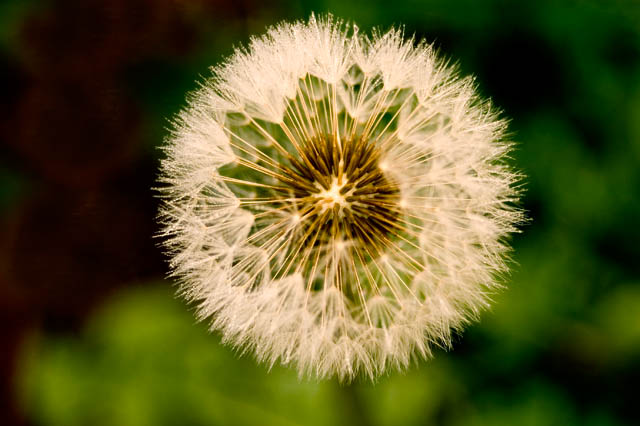Breast cancer awareness means different things to different people.
But let’s get real. Breast cancer, like all cancers are better prevented than cured. I think we can all agree we would rather NOT get cancer during our life time. But the reality is, many don’t feel we have a say in the ‘Dis-Ease’ process.
We get handed illness – we don’t choose illness.
Can we hand ourselves HEALTH? I believe we can!
Prevention is the cure! Every day, we can give ourselves health. In the foods we eat, the thoughts we focus on and the life we create.
So, how Preventable is Breast Cancer?


 News from the University of New Mexico, the lowly dandelion has been shown effective at fighting breast cancer and prostate cancer. Used for centuries in
News from the University of New Mexico, the lowly dandelion has been shown effective at fighting breast cancer and prostate cancer. Used for centuries in 

